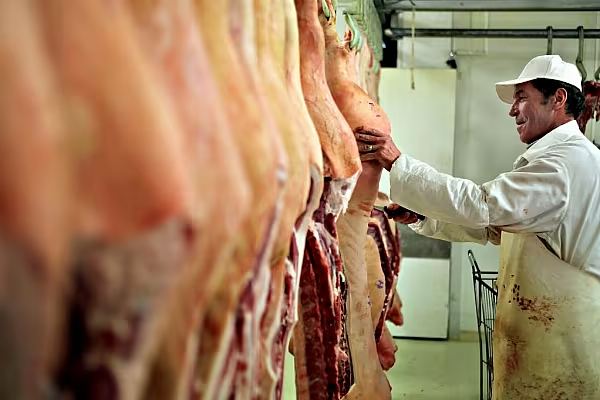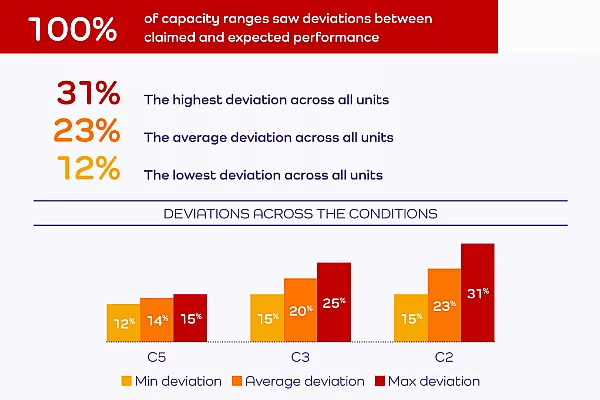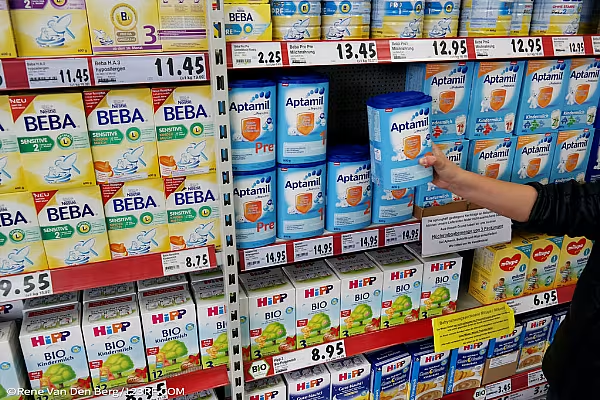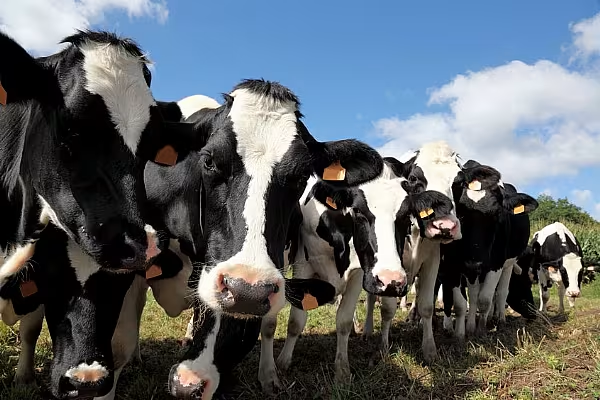Last week, the US Department of Agriculture said it was delaying implementation of an Obama administration rule designed to give America’s farmers more leverage in their dealings with mammoth agriculture companies that control almost every aspect of their livelihoods, so-called Big Meat.
The move, though not out of the ordinary for an incoming administration, is seen by farmer advocacy groups as a sign Trump is bending to the will of the industry, which strongly opposes the rule.
The decision comes as Sonny Perdue III, the president’s pick for Secretary of Agriculture, is likely to be confirmed next week. Perdue is the former governor of Georgia, the country’s top chicken producing state, and has received hundreds of thousands of dollars in campaign contributions from agribusiness, according to the National Institute on Money in State Politics. And finally, Trump has proposed a 21% budget cut to the USDA, provoking an outcry from agricultural groups who worry rural communities will be hurt most.
Those communities were a driving force in putting Trump in the White House. After the latest pro-industry decision, some say they are having buyer’s remorse.The rules at issue have been a long time in the making. In 2008, the then-Democratic controlled Congress pushed forward a mandate to make the Packers and Stockyards Act of 1921, an antitrust law aimed at the meatpacking industry, more enforceable. But beginning in 2011, Republicans refused to fund the rules’ completion or implementation.
Finally (after a scathing send-up of the poultry industry by comedian John Oliver in 2015), the rules received their long awaited funding, the USDA went through the rule-making process to accept public comments, and sent the proposals out the door.
A final rubber stamp from the new administration would activate the first rule, and the rest, farmers hoped, would follow. But as the inauguration came and went, how the Trump administration would proceed remained an open question.
During the campaign, farmers that felt ill-served by both parties were impressed with Trump’s outsider status. “Even though he’s a Republican, he’s not part of the establishment,” says Genell Pridgen, a former contract poultry grower in North Carolina. “A lot of folks down here have come to not trust the Democrats or Republicans. They think members of Congress can be bought. They’ll throw a bone to the common folk every so often, but they’re beholden to lobbyists.”
All of Trump’s talk about draining the swamp and being a self-made man indebted to no one resonated deeply with a population that has long felt left behind. “He promised he was going to help the common man,” Pridgen says, “whether it was a farmer or miner.”
But Trump never addressed contract farming or the Stockyards Act directly. Even as he signed several coal friendly executive orders, farmers were wondering whether he would take on the meat industry.
Trying to Change the Game
“When we looked at Trump, it looked like he was willing to take on any part of the establishment,” says Alton Terry, another former contract poultry farmer.
Terry sued Tyson Foods Inc. in 2008 for violating the Stockyards Act. He alleged the company retaliated against him for his advocacy work by not weighing his birds properly and ending his contract. Outside court, the company denied his version of events.
In court, they argued he didn’t prove the company’s alleged behaviour impacted the industry as a whole, a requirement to trigger the law’s antitrust provisions. A federal judge and the U.S. Court of Appeals in Cincinnati agreed. The US Supreme Court declined to hear Terry’s appeal, and Terry went bankrupt.
The antitrust rule, one of three Obama pushed before leaving office, addressed cases like Terry’s. It specifies that farmers don’t have to show industry-wide harm, just harm to the farmer. It was a big step toward changing contract farming, where companies essentially have all of the power—including the right to demand mandatory and expensive farm renovations that leave farmers with massive debt.
A second rule, currently only “proposed,” would change the way farmers are paid. Currently, poultry contracts calculate payment through a tournament system, whereby farmers compete against each other to “win” by raising the most pounds of chicken on the fewest pounds of feed.
But while the companies say the competitive model leads to innovation and good farming, critics say it’s a rigged game: The most important factors are the chicks and the feed, both of which are provided by the companies and, therefore, are outside of the farmers control. If a farmer loses a round, he might lose money on the flock.
The third rule, also proposed, would have further defined what kinds of actions would be considered “unfair, unjustly discriminatory or deceptive” under the same 1921 law.
That antitrust rule that would have affected Terry was to become law April 22. But under last week’s USDA decision, it’s now delayed until Oct. 19, and a new period for the public and industry to submit comments is currently underway. (The two proposed rules are even further away from enactment.)
Meat lobby celebrates
Dozens of farmer advocacy groups such as Farm Aid, the Rural Advancement Foundation International USA, and R-CALF USA support the rule and expressed disappointment at the delay. “We are wondering how long livestock producers and poultry growers have to wait for justice,” said Alicia Harvie, Farm Aid’s Advocacy & Issues Director. “It’s becoming farcical.”
Industry groups, meanwhile, are cheering: “We thank the department,” National Chicken Council President Mike Brown said in the organisation’s statement, calling the rule “an arbitrary and capricious abuse of federal regulatory authority.”
Barry Carpenter, president and chief executive of the North American Meat Institute, is hoping the delay means the rule never takes effect. “We are confident that once the new Secretary of Agriculture takes office, he will recognise what a disaster this rule is for producers, meat packers and processors, retailers and consumers,” he said in a statement.
In an interview with Bloomberg last month, Tyson CEO Tom Hayes said “we don’t feel like we need the help with our growers to have a good relationship.” If that’s the case, says Sally Lee, program director at RAFI-USA for contract agriculture reform, then Tyson shouldn’t have anything to worry about under the new rules.
In the meantime, the relationship Hayes described is at odds with what Farm Aid sees for chicken farmers. “We can’t overstate the level of fear and intimidation felt by poultry growers that contact us or our partner organisations,” says Harvie. “If they choose to speak up, they risk everything, their contract, their land, their homes.”
Not Over Yet
“I don’t know that this is a nail in the coffin,” says Cary Coglianese a law professor at the University of Pennsylvania and director of the Penn Program on Regulation. Since the rule never went into effect, he says, it’s easier for the USDA just to postpone indefinitely.
“For the rule-making process,” Coglianese says, “elections matter.”
For now, farmers are trying to remain optimistic. “We hold out hope,” Pridgen says. “Just today we were talking about how to get a letter to him that would actually get to him on his desk. My understanding is he’ll actually read a letter and he pays a lot of attention to media. Our hope is that we get the media coverage so that when he’s paying attention at 11 o'clock at night, or whenever it is, he’ll see the farmers are scared.”
News by Bloomberg, edited by ESM. Click subscribe to sign up to ESM: The European Supermarket Magazine.














